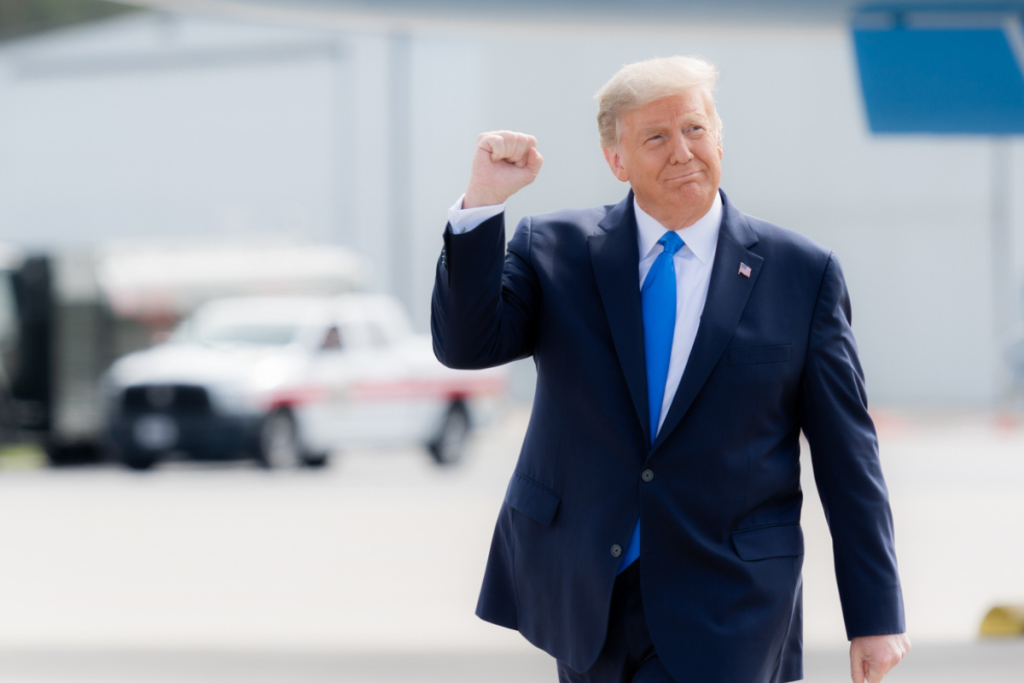The White House escalated its tariff campaign this week, naming 14 countries, including key U.S. allies Japan and South Korea, that face steep new import duties starting August 1. President Trump framed the measures as “reciprocal,” opening the door to future negotiations while threatening matching retaliatory hikes if countries respond in kind.
New Rates Set, Deadline Extended
In a series of letters posted to Truth Social, Trump detailed the tariffs: 25% for Japan, South Korea, Tunisia, Malaysia, and Kazakhstan; 30% for South Africa and Bosnia; up to 40% for Laos and Myanmar. While tariffs on certain sectors like autos and steel remain unchanged, these new levies are separate and apply broadly to imports from the targeted countries.
Trump’s move comes just days before a 90-day pause on country-specific tariffs was set to expire. Instead, he signed an executive order delaying implementation until August 1, giving countries additional time to negotiate. Treasury Secretary Scott Bessent confirmed in a press briefing that “several offers” are under review, with more announcements expected in the coming days.
Some nations, including Vietnam and the U.K., have already struck deals. Japan and South Korea, however, remain in active talks. Japanese Prime Minister Shigeru Ishiba told cabinet members that Washington has offered flexibility based on how Tokyo responds in the coming weeks. South Korea, for its part, views the delay as a final window to prevent full-scale tariff enforcement.
Markets Rattle as Negotiation Clock Ticks
Wall Street reacted sharply, with the S&P 500 falling 0.8% on Monday. Asian markets were more resilient, South Korea’s KOSPI gained over 1%, and Japan’s Nikkei reversed early losses. But volatility is expected to intensify as the August 1 deadline approaches and more countries receive formal notifications.
The tariff notices also extend to smaller trading partners like Serbia, Thailand, and Cambodia, prompting varied responses. Indonesia and Malaysia said they would seek further dialogue with the U.S., while South Africa labeled the 30% rate “unjustified,” citing its largely tariff-free treatment of U.S. exports.
Notably absent from Trump’s initial list is the European Union. EU officials said talks remain on track for a potential deal, though divisions persist over whether to pursue a quick fix or negotiate a broader agreement. Meanwhile, the BRICS bloc, particularly China and India, faces additional pressure, with Trump warning of extra 10% tariffs on nations pursuing what he called “anti-American” policies.
The Supply Chain Implications
While the political spotlight remains on tariffs as a lever for negotiation, the operational impact is already rippling through supply chains. Companies sourcing from mid-tier partners like Thailand or Tunisia, countries now facing 30%–36% duties, must rapidly reassess cost baselines. According to recent trade reports, several electronics assemblers and apparel brands have initiated scenario planning to shift orders or reclassify inputs before month-end. The speed at which these reciprocal measures are being deployed, without formal trade hearings or review periods, marks a departure from traditional U.S. trade policy, compressing the window for operational response.





